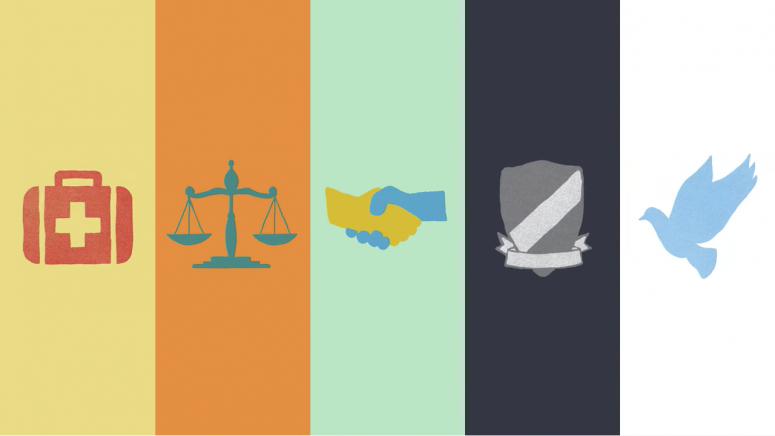5 different values: Why half of the people you disagree with aren’t stupid

The majority of presidential elections in my lifetime have been determined by little more than 1% of the total vote (roughly 50/50). Regardless of who wins, I always hear the same thing: “The other half of the country is stupid and doesn’t get it.” Which is a stupid, ignorant thing to say.
That’s because when someone disagrees with how you want to govern others, what they’re really doing is valuing different things, regardless if they live in a big city or rural community.
More specifically, researchers have found that humans universally value the following five morals: harm, fairness, loyalty, traditionally authority, and purity. Liberals largely value only harm and fairness. Conservatives value all five about equally in the middle. Libertarians value all five equally, albeit on low levels of all five.
Those values determine whether you’re a liberal, conservative, or libertarian—all of which are inaccurate labels, by the way. Liberals should really be called “People who only care about harm and fairness,” but admittedly that doesn’t roll off the tongue. Conservatives really should be called “People who are slow to change because they want want to value it all,” and libertarians are “You’re on your own, whether you’re a winner or loser in this unfair world.”
It’s interesting to note how values change over time. For example, a liberal living in the ’80s wouldn’t have thought twice about where his tomato was grown or what diet the piece of beef sitting in front of him was raised on. Nowadays, “food purity” is a huge deal to liberals, almost as much as “sexual purity” is to conservatives, even as the latter is increasingly open and accepting of homosexuals.
The truth of politics, according to philosopher Jonathan Haidt, is that liberals and conservatives aren’t right or wrong. Like yin and yang, night and day, or how each of use can be either financially liberal or conservative at times, these ideologies can and should both work together to preserve the good parts of society while improving deficient areas.
Easier said than done, of course. But as Haidt argues, the sooner we accept moral humility, the sooner we can abandon our own self-righteousness about the human condition. When that happens, we can organize, order, and improve society even more.
